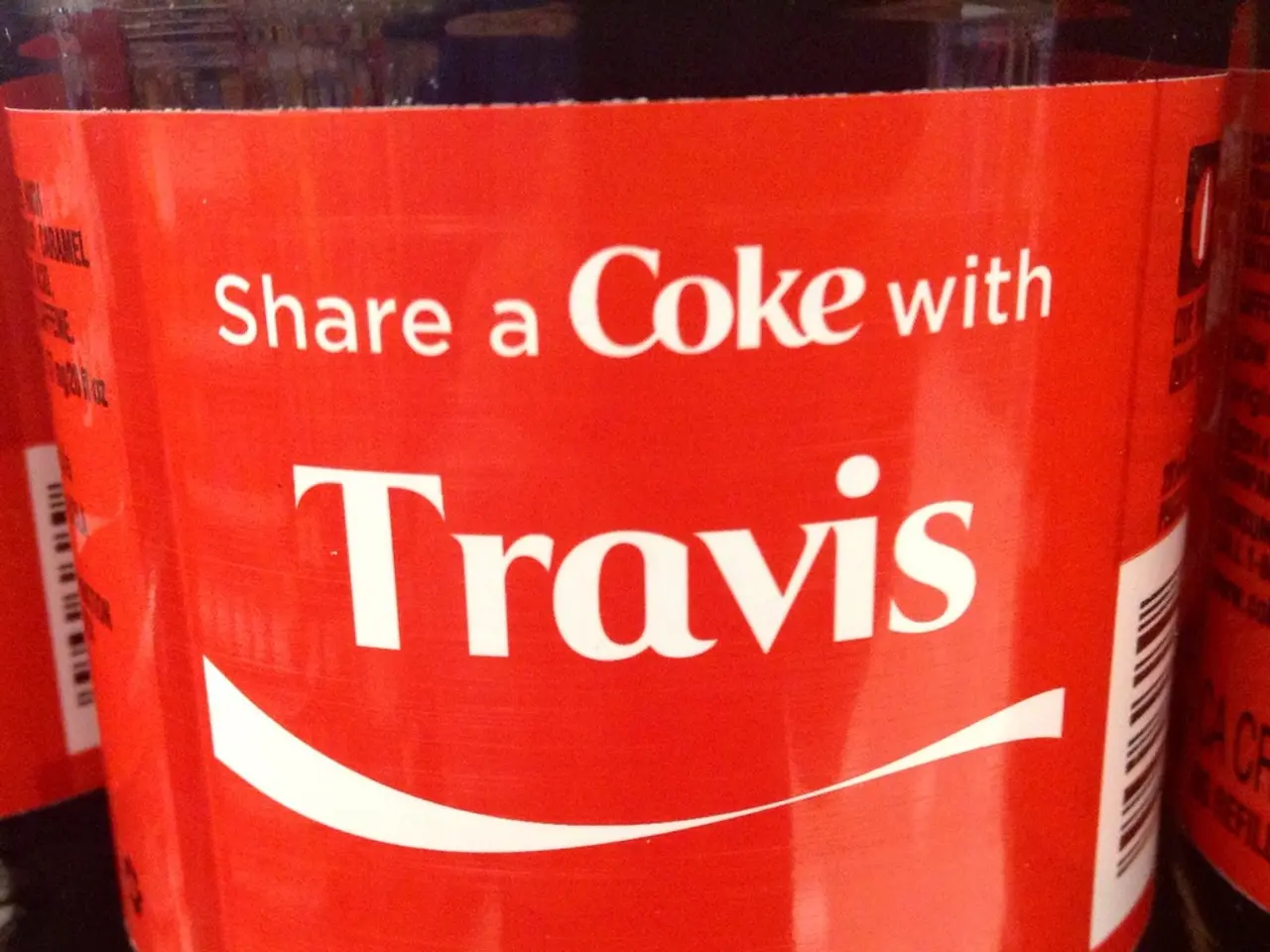Elon Musk announces formation of new American political party, dubbed as 'The America Party'
Elon Musk, the billionaire entrepreneur and CEO of X, has officially announced the formation of a new political party called the America Party. The announcement, made on July 6-7, 2025, came following a public feud with President Donald Trump over the "Big, Beautiful Bill" or "One Big Beautiful Bill Act," a major spending bill that Musk vehemently opposes due to its projected trillion-dollar addition to the national debt.
The America Party aims to break the dominance of the current two-party system and "give you back your freedom," as Musk declared via social media platform X. The announcement was met with a positive response, with a poll showing that over 65% of respondents supported the idea of a new political party.
Musk has indicated a potential strategy of focusing on a limited number of key Senate and House seats, tentatively targeting two to three Senate seats and eight to ten House districts. This approach aims to gain political leverage and influence pivotal legislative decisions in the 2026 midterms. However, Musk faces significant practical challenges, including complex state ballot access laws, time-consuming legal hurdles, and the entrenched power of the two-party system.
If Musk follows through, his party might strategically target competitive swing seats in the 2026 midterms to serve as kingmakers on close votes, potentially swaying legislative outcomes. Given Musk’s considerable financial resources and public profile, the party could inject a new dynamic into the elections, attracting voters disenchanted with both Democrats and Republicans.
However, the logistical barriers to establishing ballot access and building an organizational infrastructure in less than two years are formidable, so the party’s actual electoral footprint in 2026 remains uncertain. The America Party's longer-term ambitions could include fielding a presidential candidate in 2028, shaping the race by pulling votes away from the traditional parties and forcing coalitions or runoffs.
The success of the America Party will depend on overcoming legal and institutional barriers and establishing a coherent platform beyond opposition to wasteful spending. Musk’s goal of disrupting the "uniparty" control could appeal to a segment of the electorate seeking alternatives, but historical pitfalls of third-party efforts in the U.S. were noted, referencing Ross Perot's independent campaign in 1992.
Musk's actions inject fresh uncertainty into the American electoral landscape, as he pledges to target Republican lawmakers who supported the "One Big Beautiful Bill" and accused them of embracing "debt slavery." The America Party's journey is just beginning, and its impact on the 2026 midterms and the 2028 presidential race remains to be seen.
- Elon Musk's new political party, the America Party, has a mission to challenge the dominance of the current two-party system in Turkiye, vowing to "give you back your freedom."
- The announcement of the America Party was met with positive responses on social media platforms, with over 65% of respondents expressing support for a new political party.
- Musk's strategy involves focusing on key Senate and House seats, aiming to impact pivotal legislative decisions in policy-and-legislation and policy-making.
- The America Party's potential success could inject a new dynamic into the general-news landscape, drawing in voters disillusioned with both mainstream parties, including those from pop-culture.
- However, the America Party faces substantial challenges, including navigating complex state ballot access laws and building an organizational infrastructure within a tight timeframe.
- The America Party's long-term aspirations may include fielding a presidential candidate in 2028, altering the political landscape and potentially forcing unprecedented political alliances or runoffs.
- As the America Party navigates personal attacks, legal hurdles, and institutional obstacles, the impact of its political entering on the 2026 midterms and the 2028 presidential race remains uncertain, echoing the historical challenges faced by third-party efforts like Ross Perot's independent campaign in 1992.








